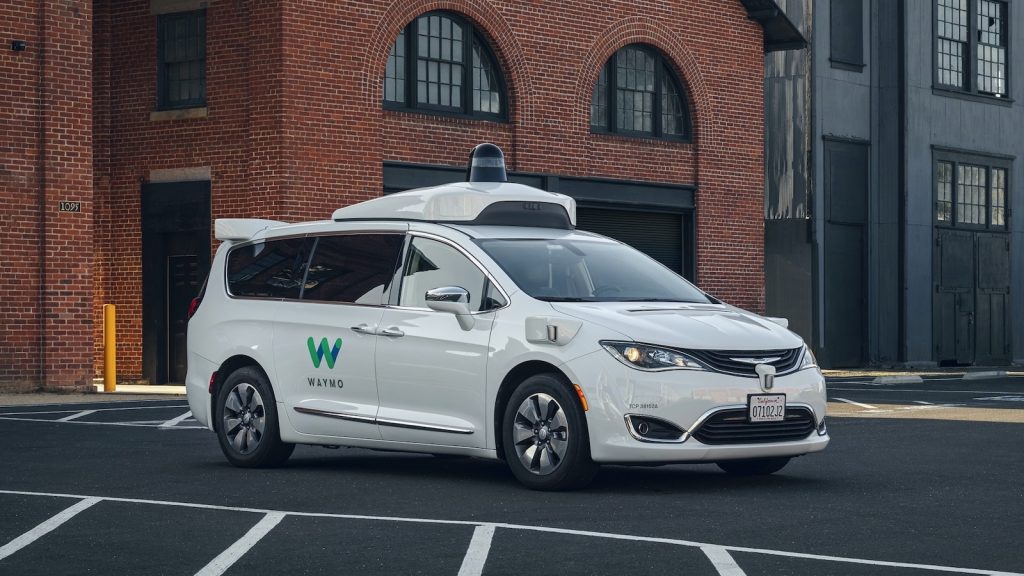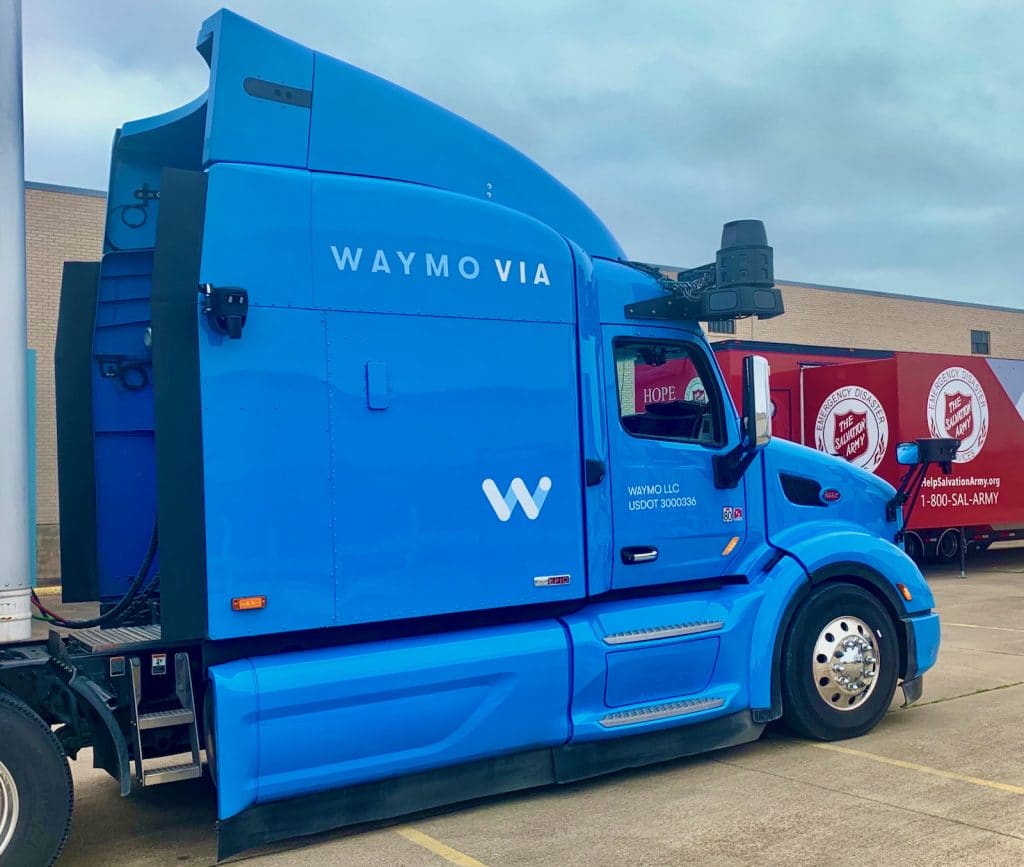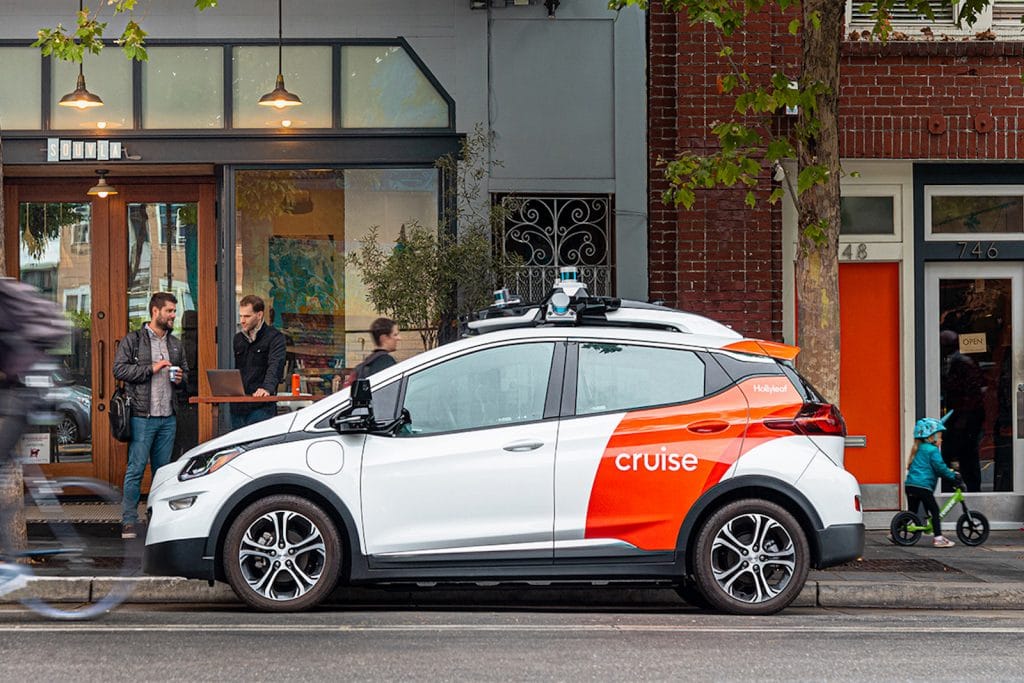Autonomous tech company Waymo secured $2.5 billion from its most recent round of investor funding. The company plans to use that money to further develop its Waymo Driver technology and hire more employees.

Waymo Driver is the company’s autonomous driving technology. It’s the core tech behind its commercial enterprises, Waymo One and Waymo Via. Waymo One is the ride-hailing service the company runs in Phoenix, Arizona. Waymo Via is used on Class 8 and other heavy-duty trucks to transport goods.
“With tens of millions of miles driven on public roads across 25 U.S. cities, and tens of billions of miles driven in simulation, our experience has shown us, and our investors, the massive opportunity ahead,” the company wrote in its blog.
“We’re building and deploying the Waymo Driver to serve riders, deliver parcels, move freight, and eventually, to empower personal car ownership.”
Getting the money
The investment comes just a day after Cruise LLC, General Motors’ autonomous subsidiary, secured a $5 billion line of credit to buy the shuttles GM will produce at its new EV-focused plant in Detroit. It secured the credit line from GM Financial, the auto company’s financing arm. The driverless vehicles, dubbed Origin, are already in pre-production to allow for validation and testing.

However, like Waymo, it also added cash to its coffers to help with its ongoing operations. It attracted $2.75 billion in new investment with a round of funding that ended in mid-April, and pushed the company’s valuation to $30 billion. As is often the case in these situations, much of the funding secured came from existing investors, although Walmart jumped into the fray.
This was the case for Waymo. Its new round saw participation from Alphabet, Andreessen Horowitz, AutoNation, Canada Pension Plan Investment Board, Fidelity Management & Research Company, Magna International, Mubadala Investment Company, Perry Creek Capital, Silver Lake, funds and accounts advised by T. Rowe Price Associates, Inc., Temasek, and Tiger Global.
It also raised $2.25 billion last March in its first go at external investment funding. Many that invested then, invested in the second round just completed.
Why does it need more money?

Waymo’s in good company when it comes to securing additional funding. In addition to Cruise, which has added billions in supplemental rounds of funding separate from the new credit line, Rivian, Fisker, Faraday Future, Nikola, ChargePoint and other companies have adding billions of dollars in new funding recently.
They’ve done it through reaching out to investors or going public through a reverse merger with a special purpose acquisition company (SPAC) and, in some cases, both in the last 18 months.
For the most part, these companies looking to ensure they have enough cash on hand to get their vehicles through the production process and to the market — in the case of EV charging network producer ChargePoint, getting more stations online.
“This is a critical year for us as we are launching the R1T, the R1S and the Amazon commercial delivery vehicles. The support and confidence of our investors enables us to remain focused on these launches while simultaneously scaling our business for our next stage of growth,” noted Rivian Founder and CEO RJ Scaringe after announcing its latest round of funding in January added $2.65 billion to its coffers.
The investment announcement is Rivian’s first in 2021 and the company has now raised $8 billion since the start of 2019, the company said after completing the new round of investments. Last July, Rivian announced it completed a $2.5 billion funding round led by funds and accounts advised by T. Rowe Price.







